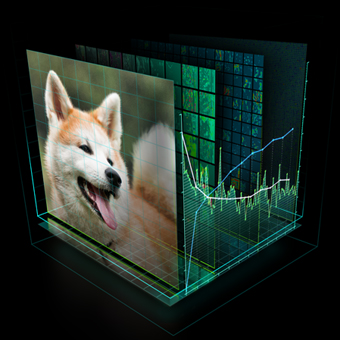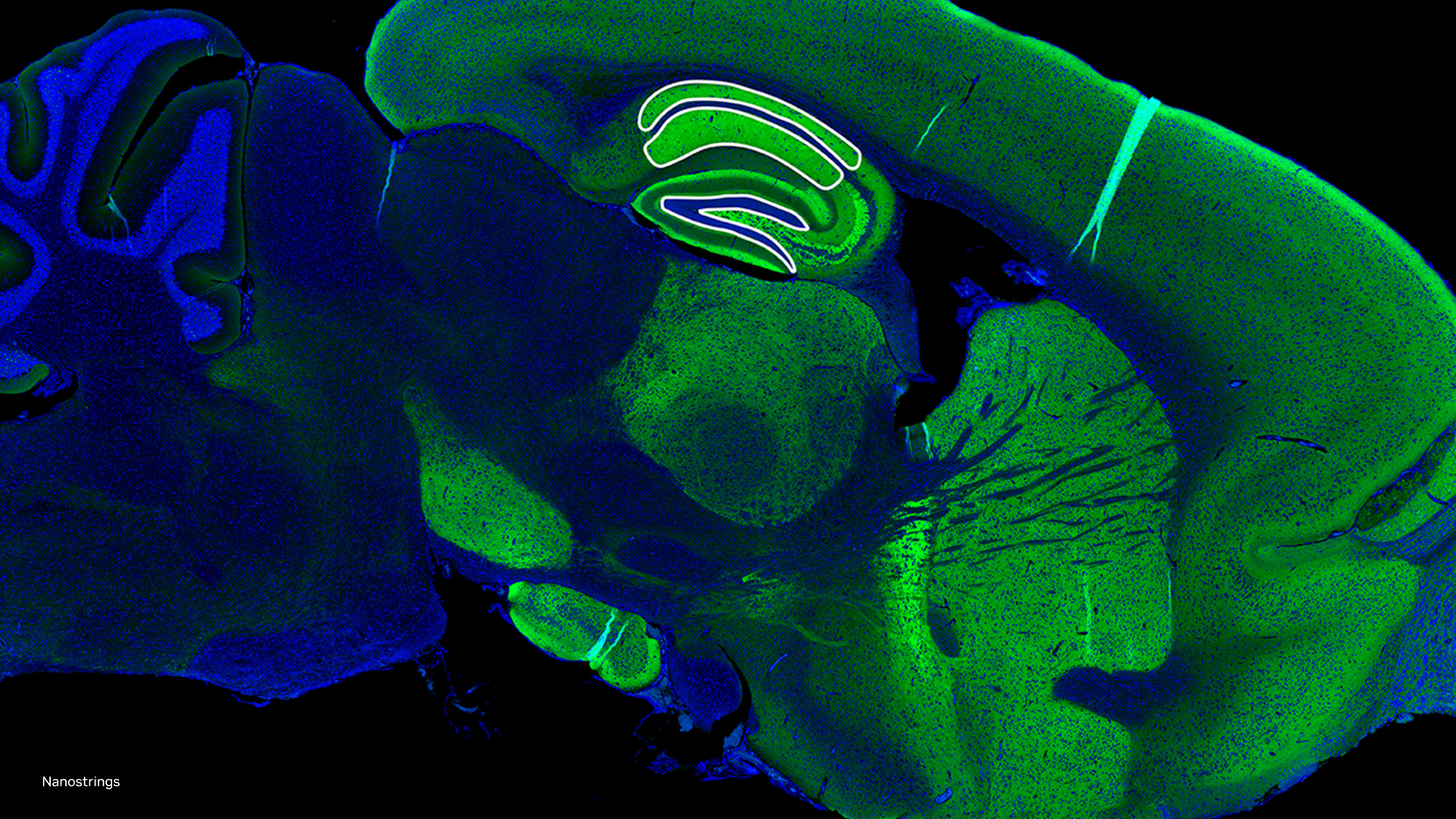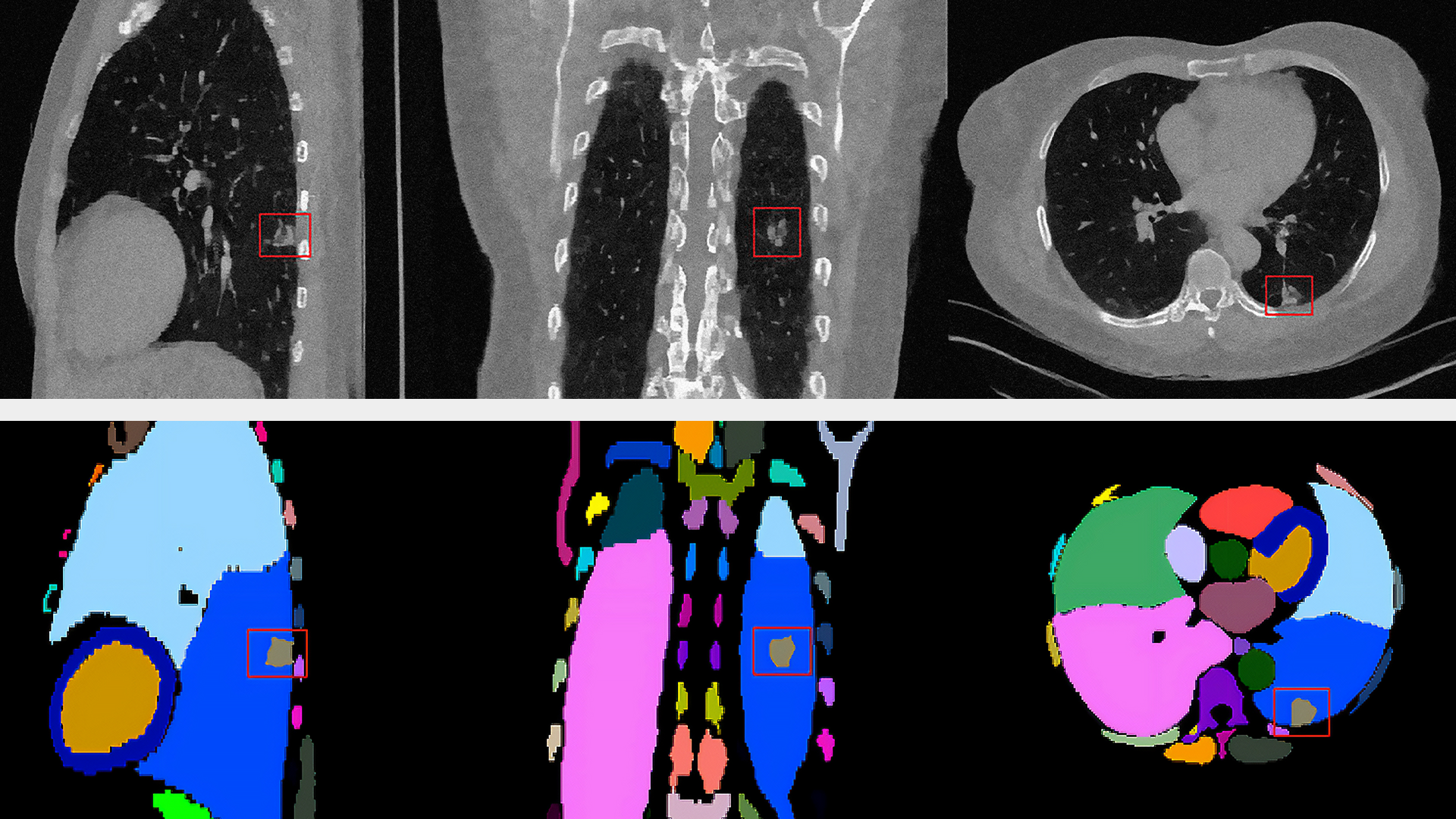Wearable cameras are opening up exciting new applications, but will also require new techniques to help people preserve their privacy.
A group of researchers from Indiana University and Olin College used the Caffe deep learning framework and a Tesla K20 GPU to automatically detect private content on monitors that people may not want to be recorded.

As a first step, they trained their model to detect computer monitors and phone screens, which achieved 99.8% near-human accuracy. They then trained a Convolutional Neural Network to classify whether each screen is displaying a privacy-sensitive application such as Facebook, GMail, Mac OS Messages, or other similar applications – and their solution achieved 54.2% accuracy even though many of the screens were not fully visible.
Read the research paper >>
Deep Learning to Help Preserve Privacy from Wearable Cameras
Mar 07, 2016
Discuss (0)

Related resources
- DLI course: Deep Learning for Industrial Inspection
- GTC session: Scaling Generative AI Features to Millions of Users Thanks to Inference Pipeline Optimizations
- GTC session: AI for Learning Photorealistic 3D Digital Humans from In-the-Wild Data
- GTC session: AI Safety Defenders: Reinforcing Medical Boundaries with Guardrails
- NGC Containers: MATLAB
- Webinar: Accelerate AI Model Inference at Scale for Financial Services









